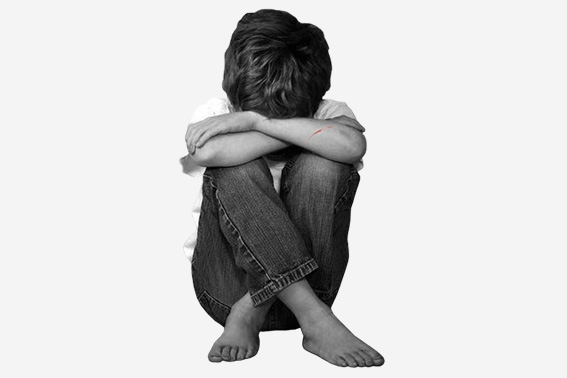
Child abuse continues to be a hot topic in this country yet it remains unresolved, with 14 cases reported each day according to statistics from the Welfare Department and UNICEF Malaysia.
“Child abuse cases are on the rise,” says acting Chair of the Cluster Education and Social Sciences, Dr Aliza Ali. “We cannot take them lightly because we are indirectly denying children’s right to be protected from harm or mistreatment.”
Dr Aliza has an extensive background in early childhood education, early language and literacy, curriculum development and pedagogy in teaching and learning. As the Director for the Master of Early Childhood Education programme, she is very passionate about this serious problem.
“Poverty and stress are key factors in most child abuse cases,” she explains. “The abuse can be caused by parents or caregivers who cannot control their temper when dealing with children. They may also lack understanding of children’s emotional development and needs.”
“Poor parenting, alcohol or drug abuse, family crises, divorce and financial problems are also common reasons behind such cases.”
The impact of abuse is long-lasting as children often carry their trauma into adulthood, leaving them more likely to develop mental problems and even commit suicide. They also have the potential of turning into abusers themselves. Dr Aliza emphasises that education is crucial to combating child abuse.
“Universities must play a more active role by educating people on child development, the hidden dangers of child grooming and the impact of child abuse. These entail introducing parenting subjects into the school curriculum as well as offering child development courses at diploma, degree and master levels. In the national context, as part of Child Act 2001, increasing penalties for offenders and improving case reporting would better safeguard children’s rights.”
Nevertheless, Dr Aliza believes stricter laws and punishments are not enough. Caregivers need to better understand children’s needs. They also need training to recognise signs of abuse, such as unexplained bruises and cuts, fractures or burn marks, bed-wetting and sleeping problems, unusual sexual behaviour or conversations, social withdrawal and rebelliousness.
“Training parents and guardians can prevent or stop child abuse. This has been proven through research,” Dr Aliza concludes.
Would you be able to recognise child abuse? These are the ways it can happen:
Neglect: Lack of care to the point that the child suffers from malnourishment, unhygienic living conditions or poor clothing.
Emotional abuse: Verbal and mental abuse which may include indifference from the parent or caregiver.
Physical abuse: Causing deliberate injury, including beating, slapping and using excessive force in handling.
Sexual abuse: Molestation, forcing children into sex acts and exposing them to or using them for pornography.
This two-time OUM graduate (and current PhD candidate) proves there is no mountain too high when it comes to achieving her dreams.
Your golden years need not be boring. You don’t have to sit at home and wonder where your life has gone and when your children or grandchildren will visit you again. You can take your life in your hands and do something that is meaningful for you. One octogenarian is living life on his terms, furthering his studies for his own fulfilment. This is his story.
Nelson Mandela once said: “The true character of a society is revealed in how it treats its children.” So what must we do to build a respectable society and protect our children from abuse?
His responsibilities range from preparing apparatuses, samples and reagents in the laboratory to writing articles on football for Semuanya BOLA. Gary Hardin Lugard, 37, plans to continue doing amazing things in life.